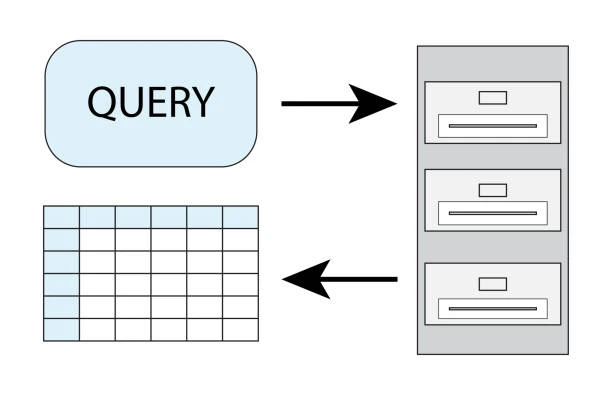Course Overview:
R is one of the leading programming languages for data analysis and statistical computing, widely used in industries such as finance, healthcare, and technology. This course will provide you with skills that are in high demand. Participants will learn the fundamental principles of R, data manipulation, statistical modeling, and data visualization techniques that are crucial for data-driven decision-making. The course is designed to be hands-on, with practical exercises and real-world projects that allow participants to apply their skills immediately. By the end of the course, participants will be well-equipped to tackle data analysis challenges in various domains, enhancing their career prospects in the growing field of data science.
Duration
10 Days
Who Should Attend
This course is suitable for individuals with a basic understanding of programming and a keen interest in data science. Data analysts, data scientists, researchers, and students seeking to enhance their data analysis skills will benefit greatly from this training.
Course Level: IntermediateCourse Objectives
By the end of this course, participants will be able to:
- Understand the R programming language and its applications in data science.
- Perform data manipulation and transformation using R packages.
- Implement statistical analysis and hypothesis testing in R.
- Create compelling data visualizations to communicate findings effectively.
- Build predictive models using machine learning techniques.
- Develop and document R scripts for reproducible data analysis.
Course Outline:
Module 1: Introduction to R Programming
- Overview of R and its ecosystem
- Installation and setup of R and RStudio
- Basic R syntax and data types
- Introduction to R packages
Module 2: Data Manipulation with dplyr
- Importing and exporting data
- Data cleaning and preparation
- Using dplyr for data manipulation
- Filtering, selecting, and summarizing data
Module 3: Data Visualization with ggplot2
- Introduction to data visualization principles
- Creating static visualizations with ggplot2
- Customizing plots (colors, labels, themes)
- Creating multi-layered visualizations
Module 4: Exploratory Data Analysis (EDA)
- Principles of exploratory data analysis
- Using R to explore data distributions and relationships
- Identifying trends and outliers
- Documenting and interpreting findings
Module 5: Statistical Analysis
- Introduction to descriptive and inferential statistics
- Hypothesis testing and confidence intervals
- Using R for t-tests, chi-squared tests, and ANOVA
- Practical applications of statistical analysis
Module 6: Introduction to Machine Learning
- Overview of machine learning concepts
- Types of machine learning: supervised vs. unsupervised
- Building a simple linear regression model in R
- Evaluating model performance
Module 7: Advanced Machine Learning Techniques
- Introduction to classification algorithms (e.g., logistic regression, decision trees)
- Model evaluation techniques (confusion matrix, ROC curves)
- Implementing models using the caret package
- Hands-on project: Building a classification model
Module 8: Time Series Analysis
- Introduction to time series data and its characteristics
- Time series decomposition and forecasting
- Using R for time series analysis
- Practical examples and applications
Module 9: Text Mining and Natural Language Processing (NLP)
- Overview of text mining and its applications
- Preprocessing text data in R
- Basic NLP techniques using R
- Hands-on project: Analyzing text data
Module 10: Capstone Project and Course Wrap-Up
- Hands-on project: Applying learned skills to a real-world dataset
- Presentations of group projects
- Course review and key takeaways
- Next steps for continued learning in R and data science
Customized Training
This training can be tailored to your institution needs and delivered at a location of your choice upon request.
Requirements
Participants need to be proficient in English.
Training Fee
The fee covers tuition, training materials, refreshments, lunch, and study visits. Participants are responsible for their own travel, visa, insurance, and personal expenses.
Certification
A certificate from Ideal Sense & Workplace Solutions is awarded upon successful completion.
Accommodation
Accommodation can be arranged upon request. Contact via email for reservations.
Payment
Payment should be made before the training starts, with proof of payment sent to outreach@idealsense.org.
For further inquiries, please contact us on details below:






